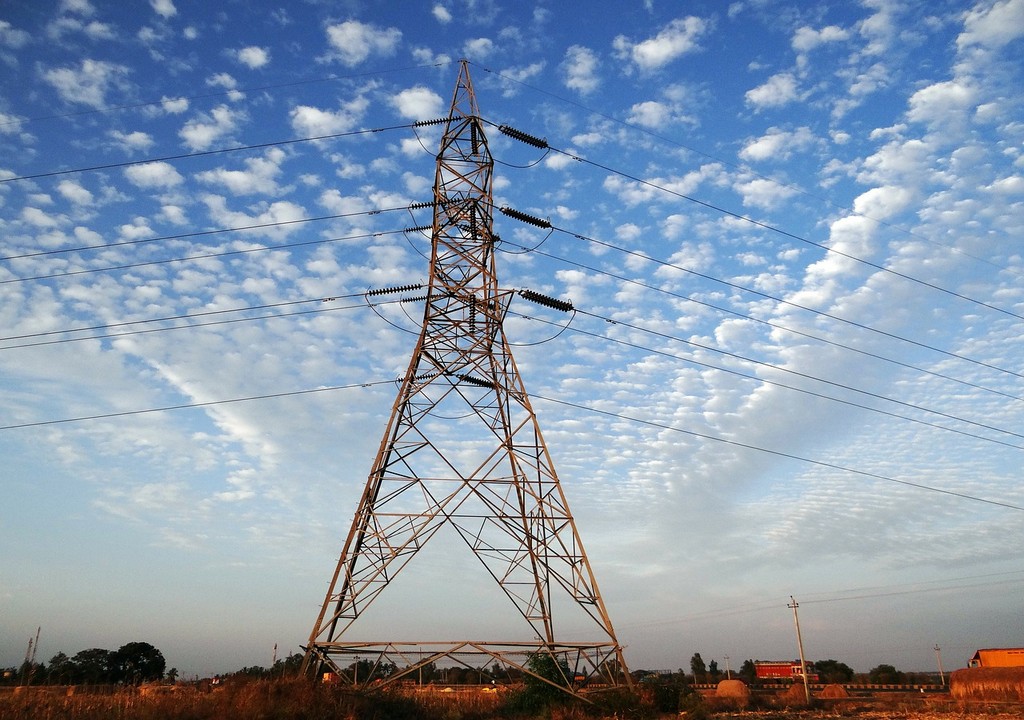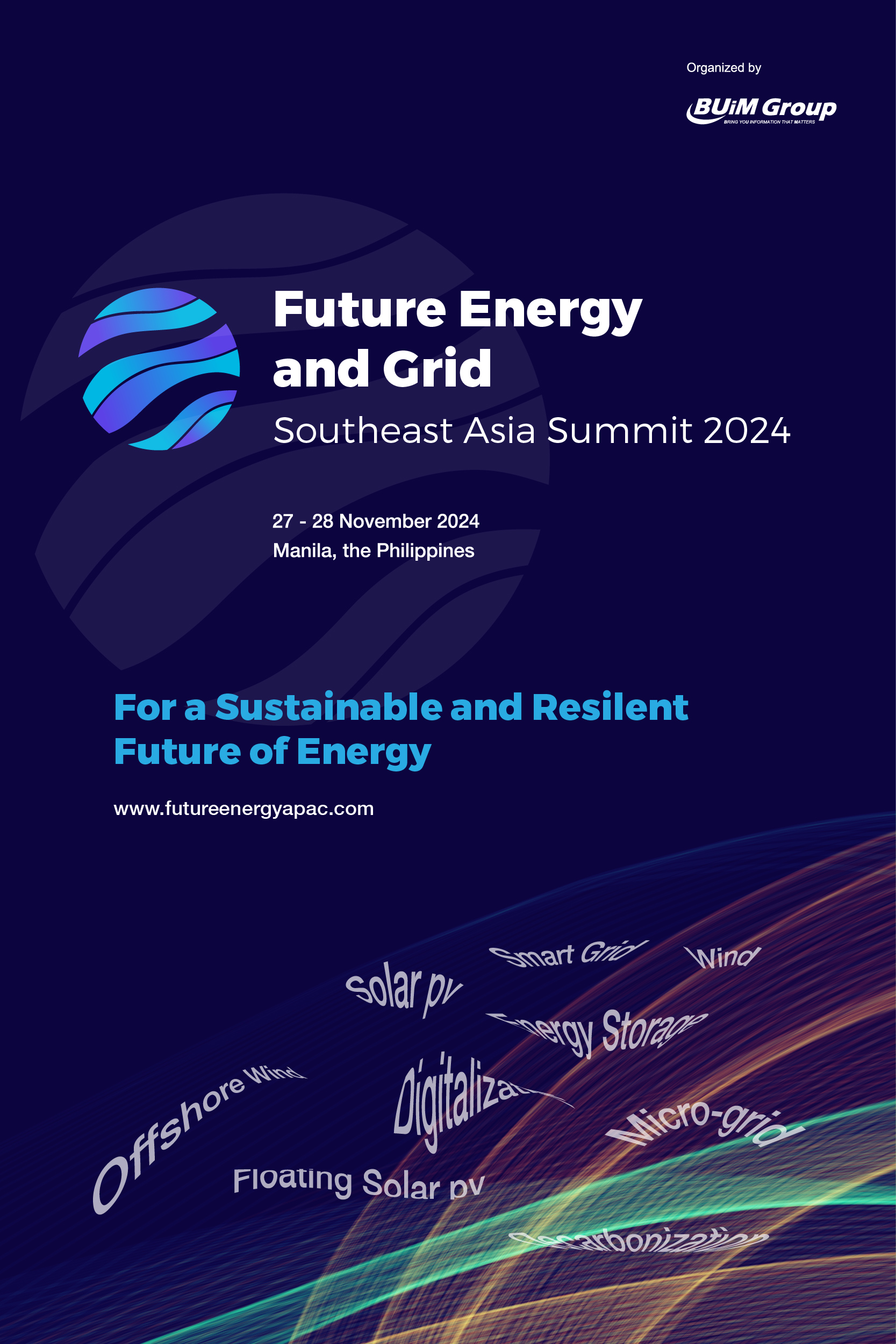The Energy Regulatory Commission (ERC) has denied the appeal of the National Grid Corporation of the Philippines (NGCP) on the changes to the guidelines for determining transmission rates.
The Commission considered the petition of the transmission firm to have its fourth regulatory reset from 2016 to 2020 instead of 2016 to 2022 before it came to the decision.
Furthermore, NGCP wanted to exclude the National Transmission Corporation (TRANSCO) to be considered as an essential party in rate-setting applications and to treat the incidence of “grassfires” as a force majeure.
In addition, the corporation requested that locked-in weighted average cost of capital (WACC) be used rather than the “classical” WACC that had previously been maintained in its rate reset procedure.
In response to this, ERC denied the proposal and retained the fourth regulatory reset coverage period from 2016 to 2022.
Regarding the Commission’s decision to reject the inclusion of “grassfires” as a category of force majeure event, it said that each grassfire incidence, regardless of whether it was anticipated or justified, had to meet the requirements of a force majeure event under the 2022 revised Rules for Setting Transmission Wheeling Rates.
Moreover, the incident should not be caused by or attributed to the NGCP.
Additionally, TransCo’s decisions in the rate-setting application remain important as they are still the owner of transmission assets and still hold an interest in the outcome of rate-setting applications.
When it came to reopening rate-setting events, the ERC believed that the current rate-adjustment regulations already contained enough mechanisms for managing rate adjustments for the regulated entity.
ERC also rejected NGCP’s request for a locked-in WACC, stating that such a rate-setting approach goes opposite to the goals of performance-based regulation and the best interests of customers.


